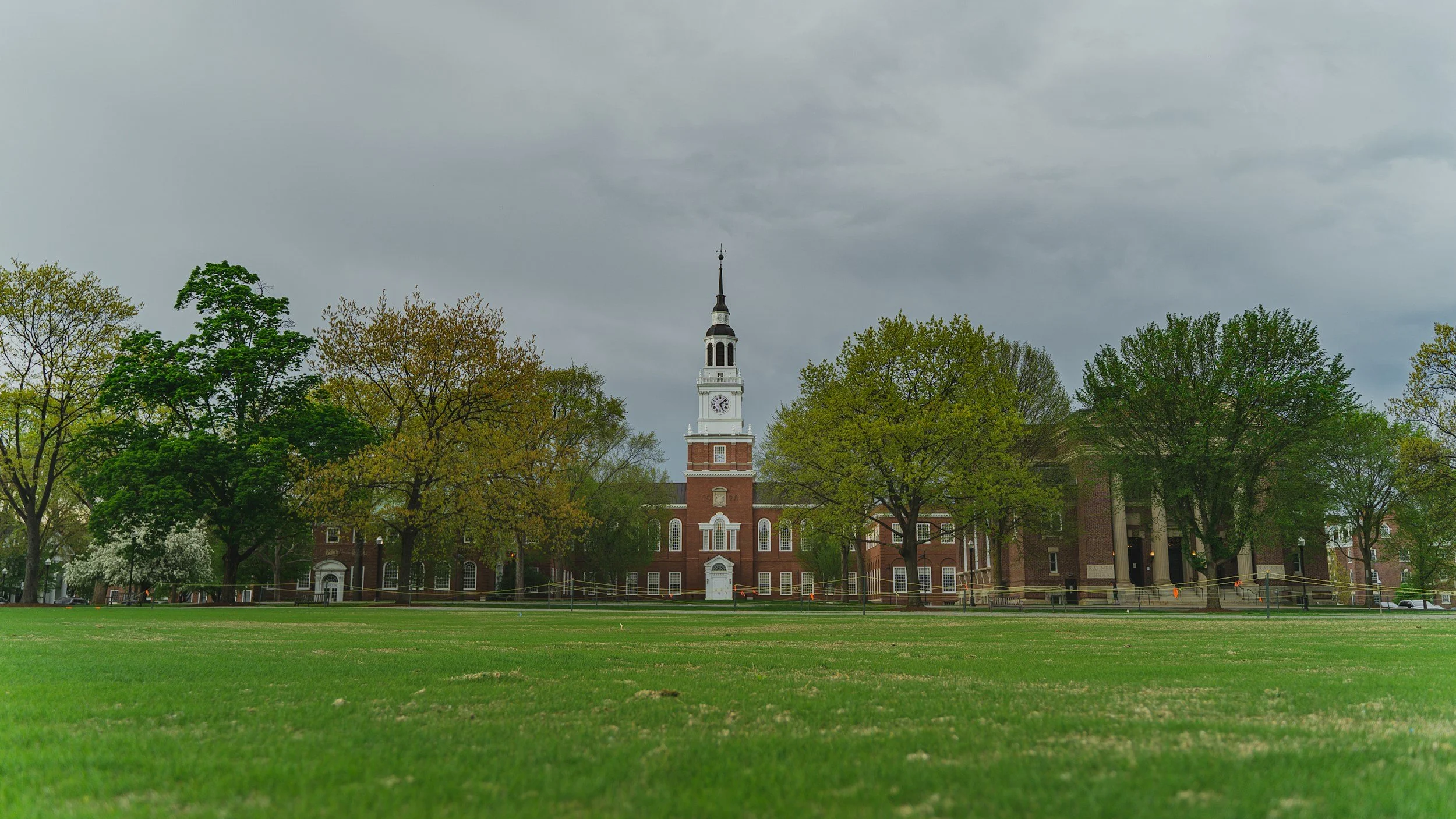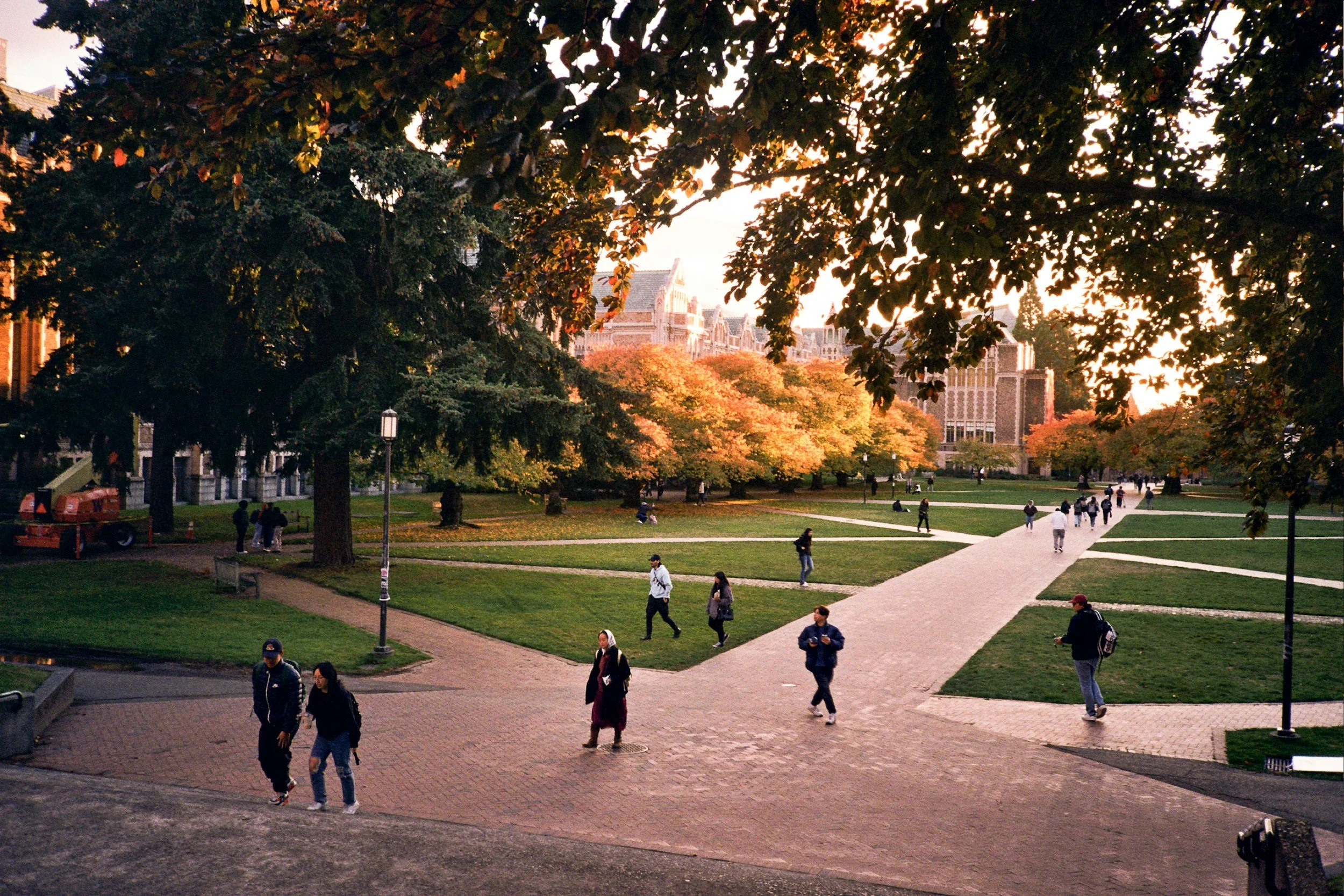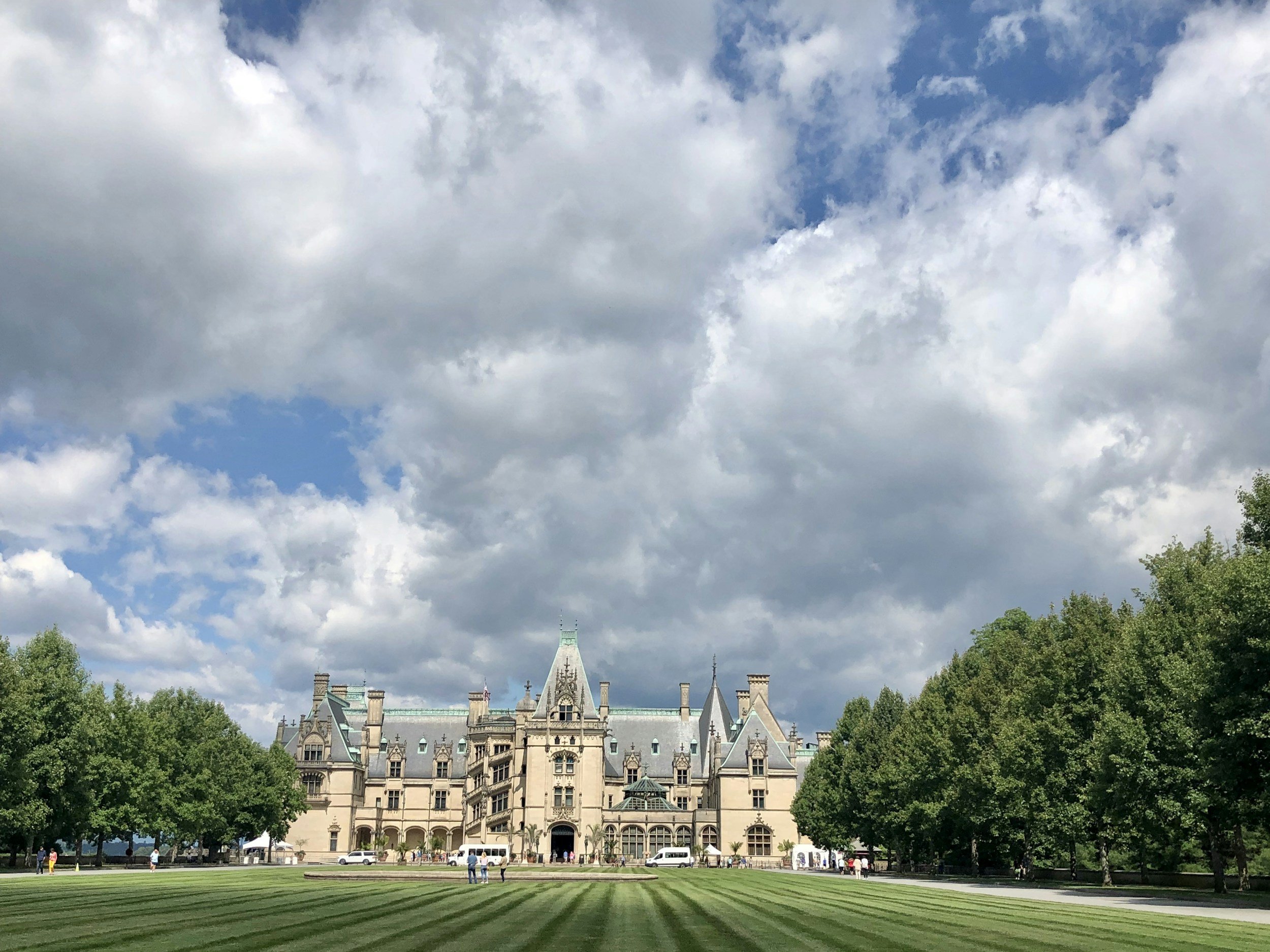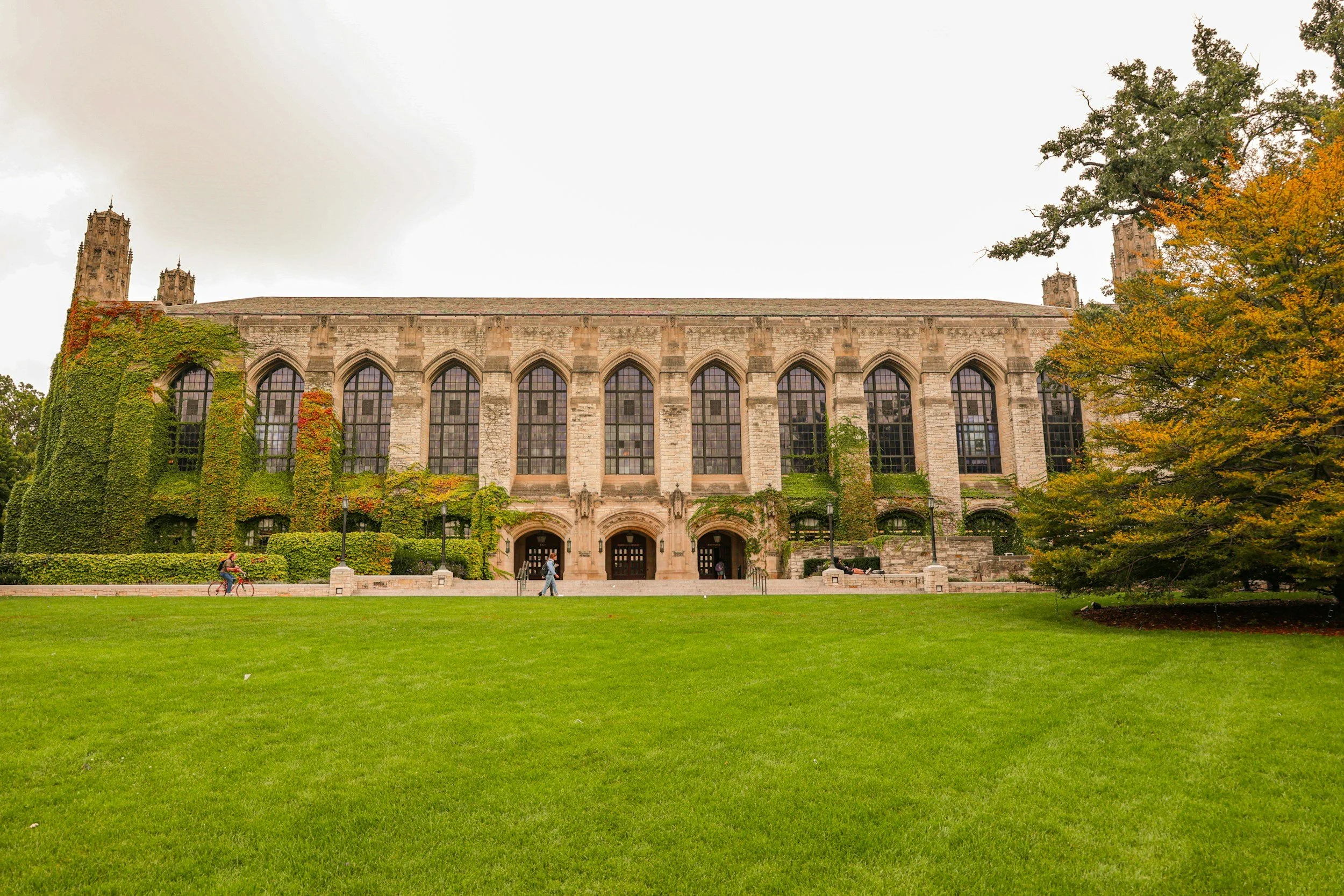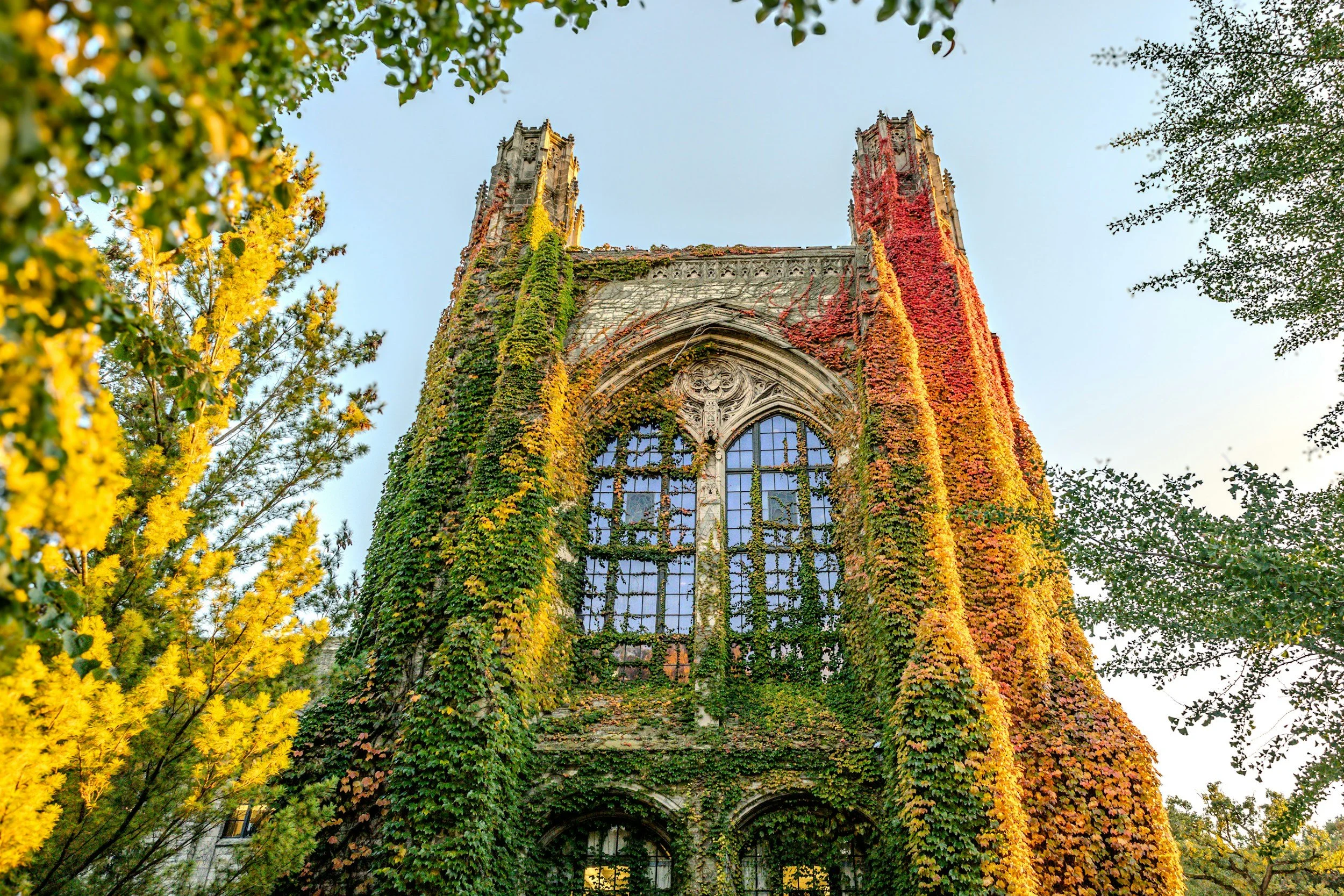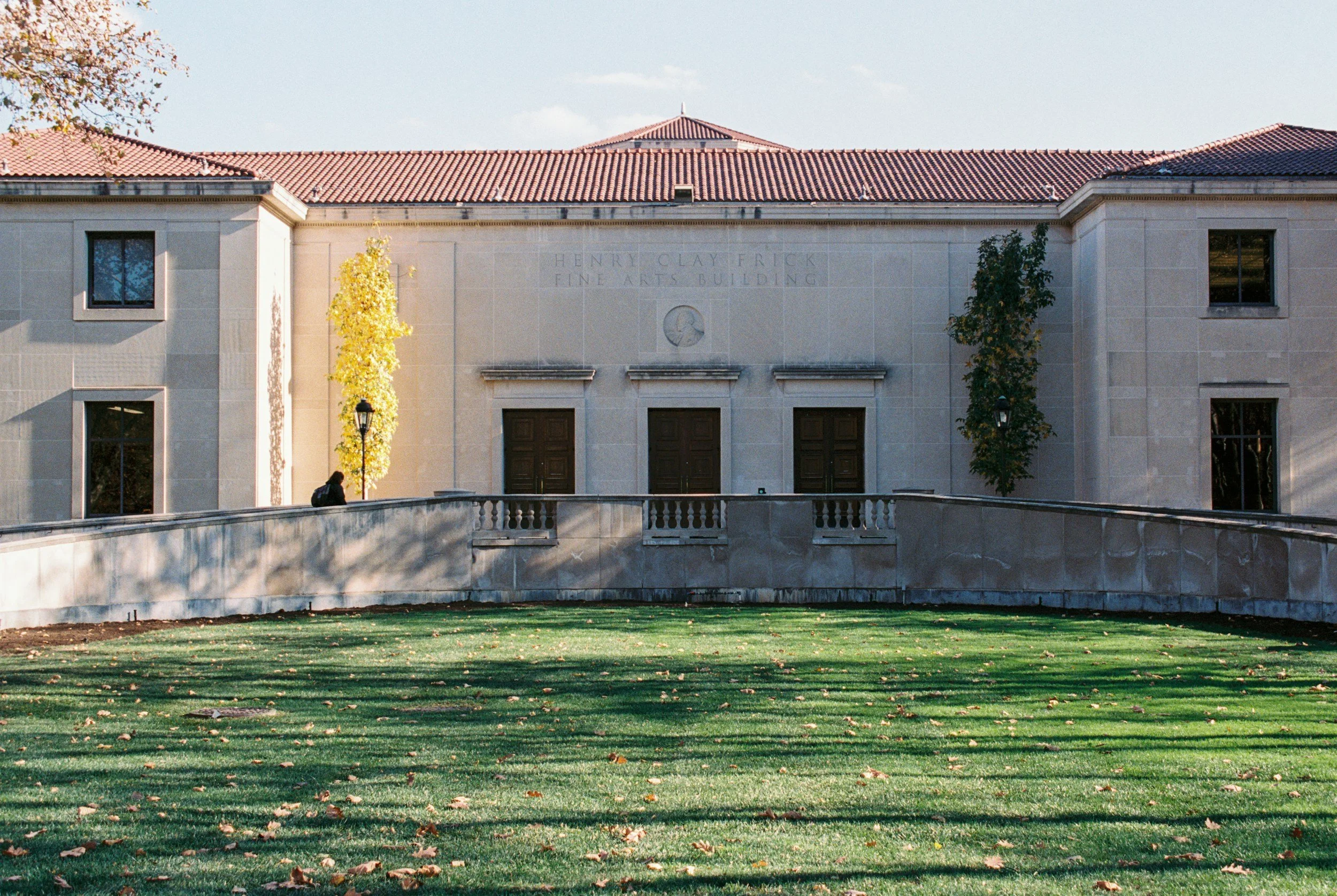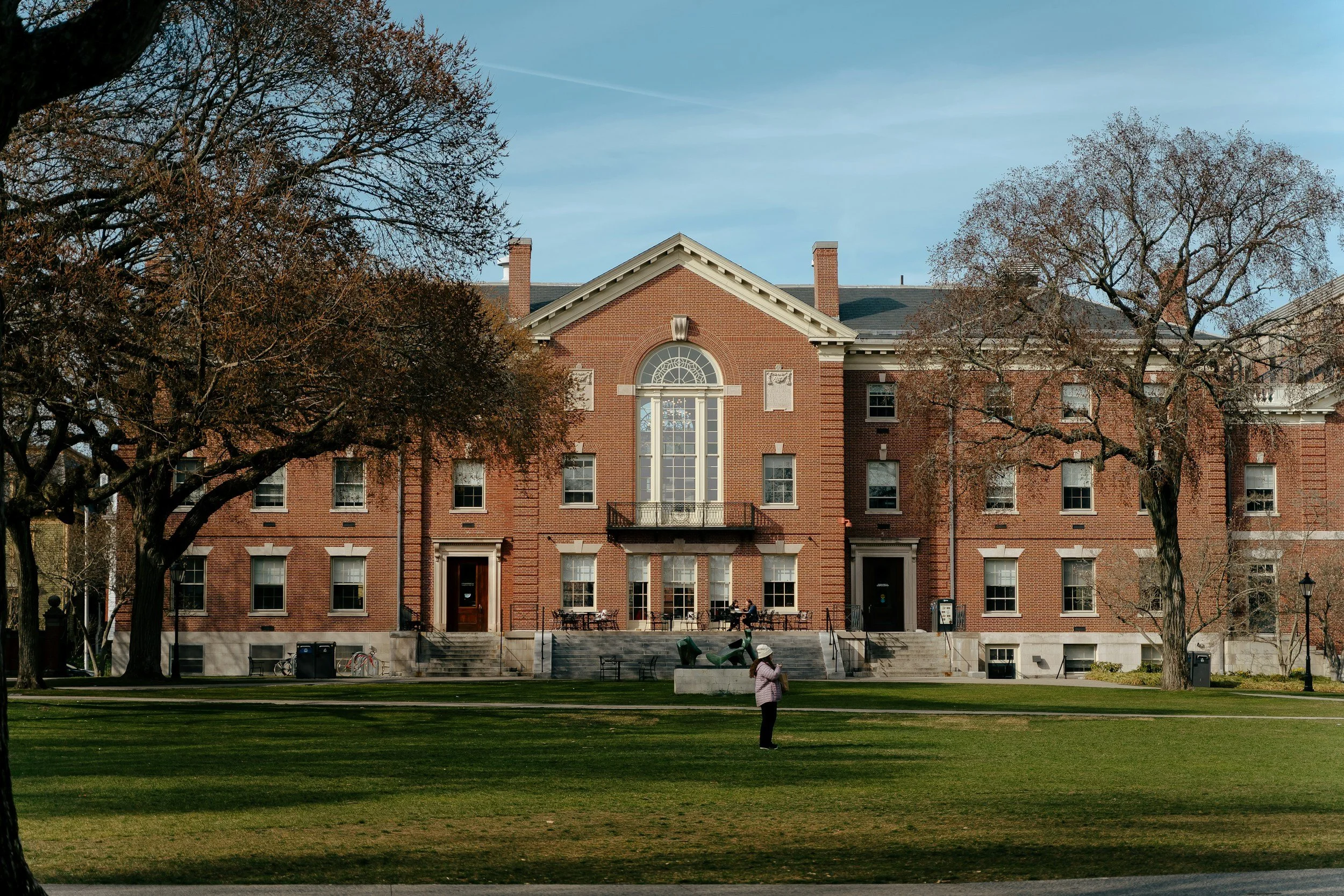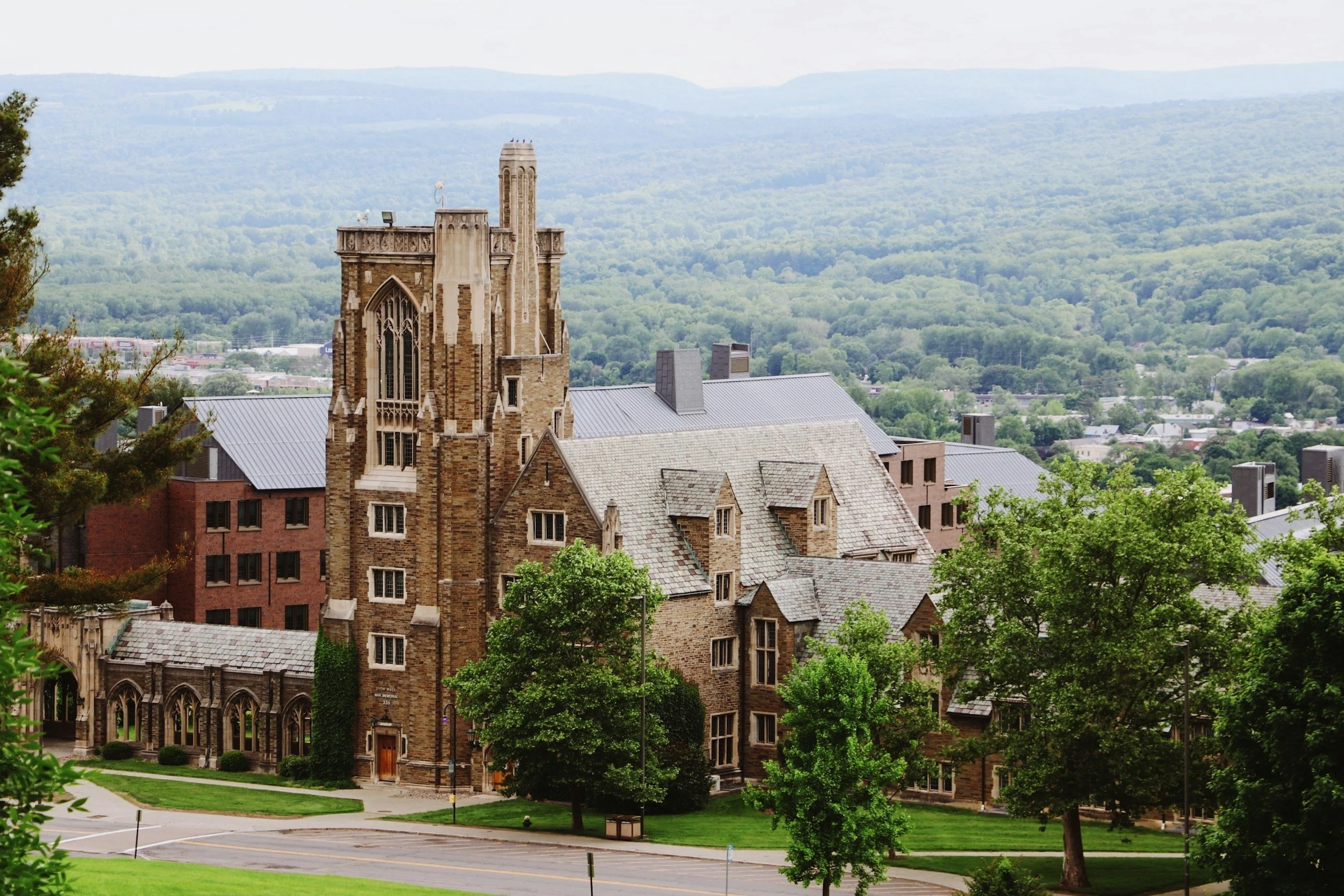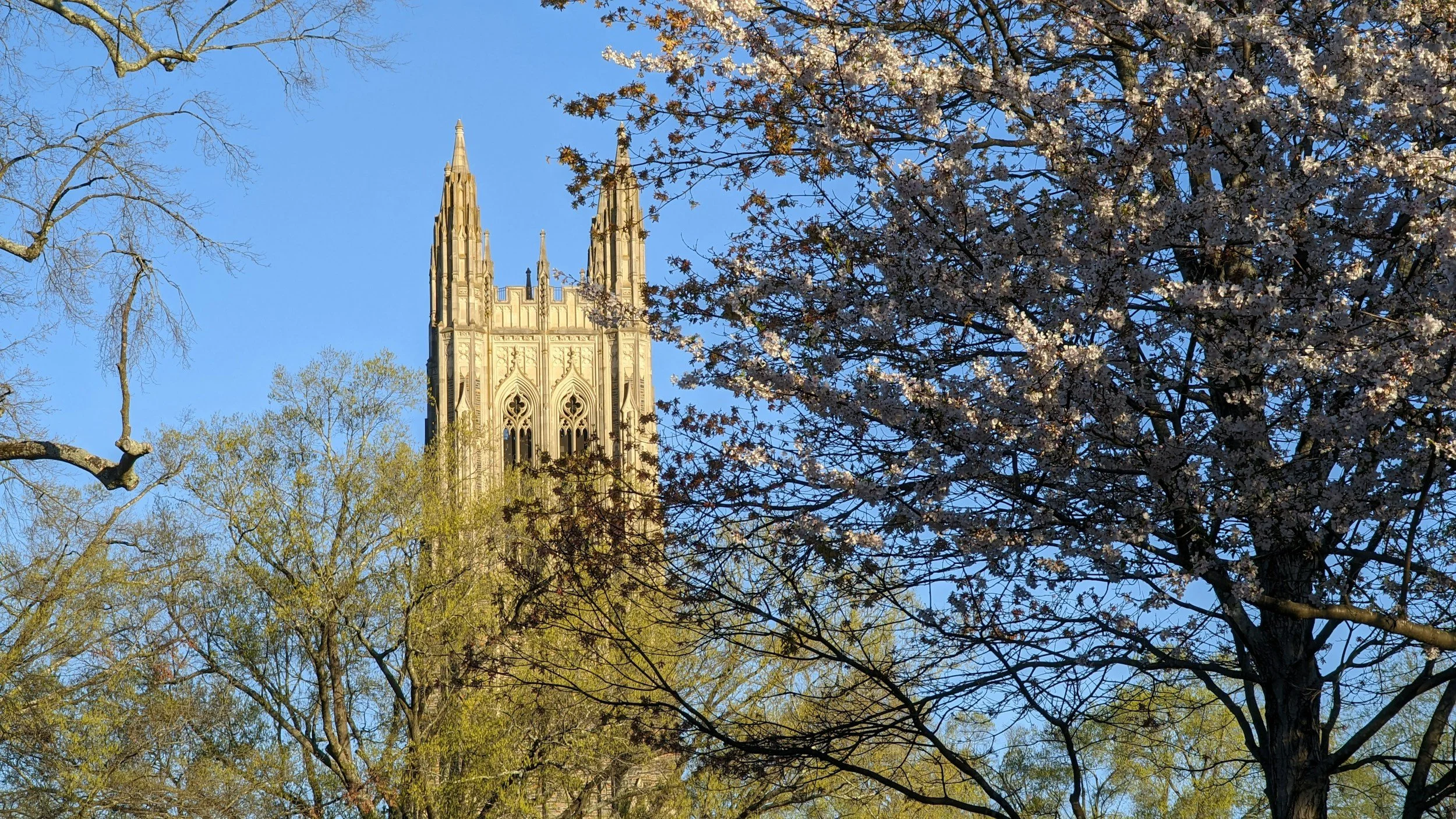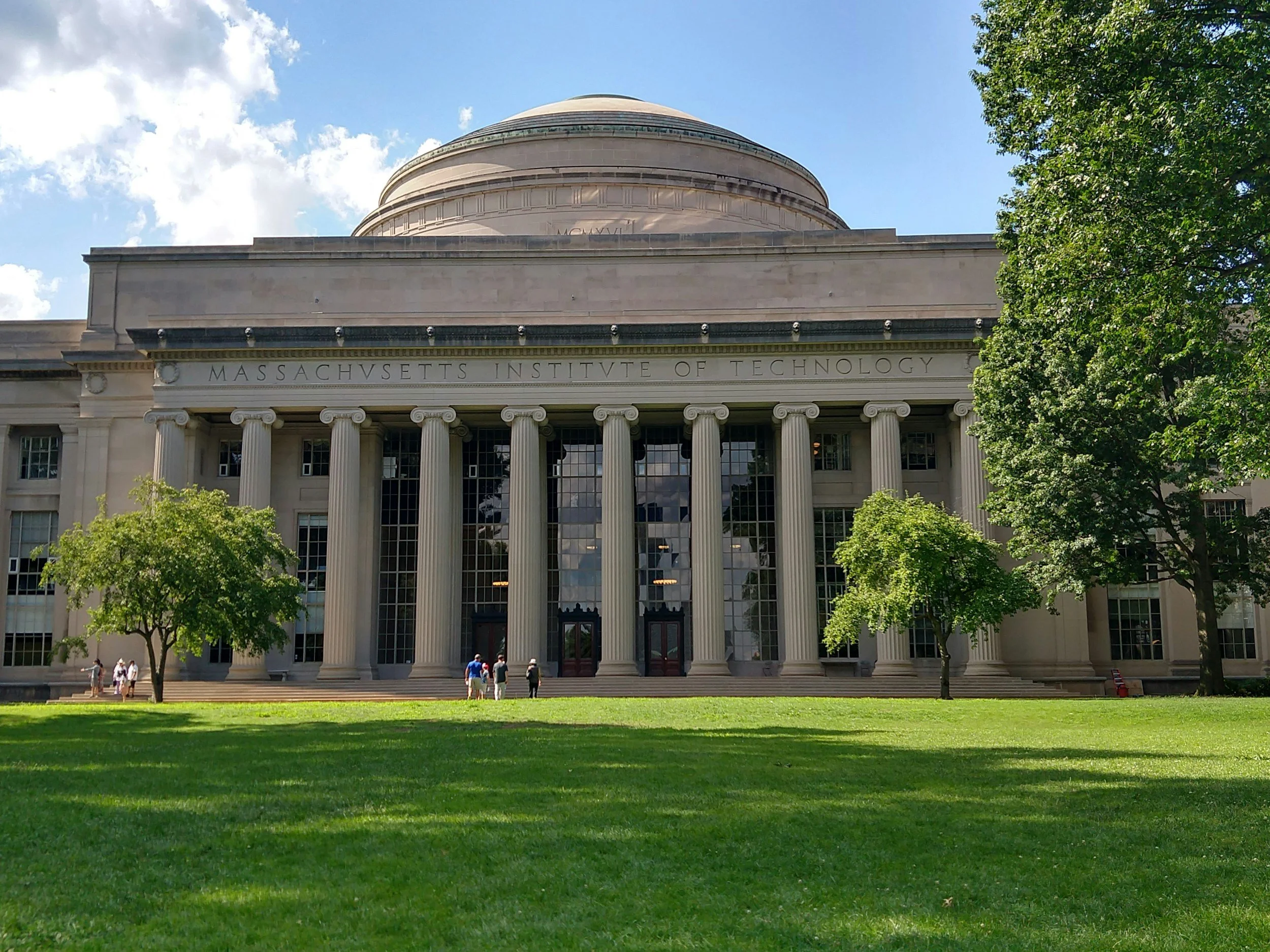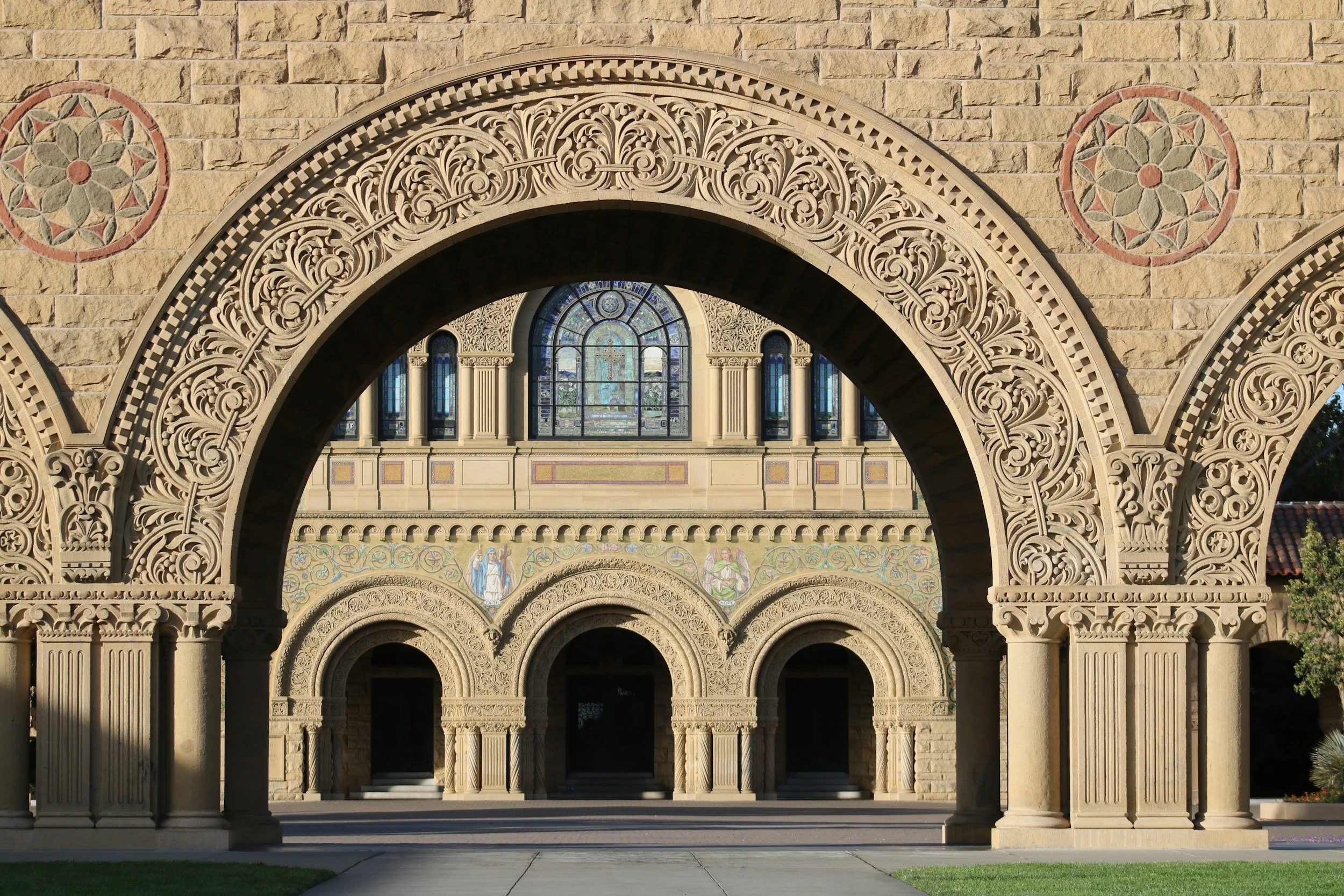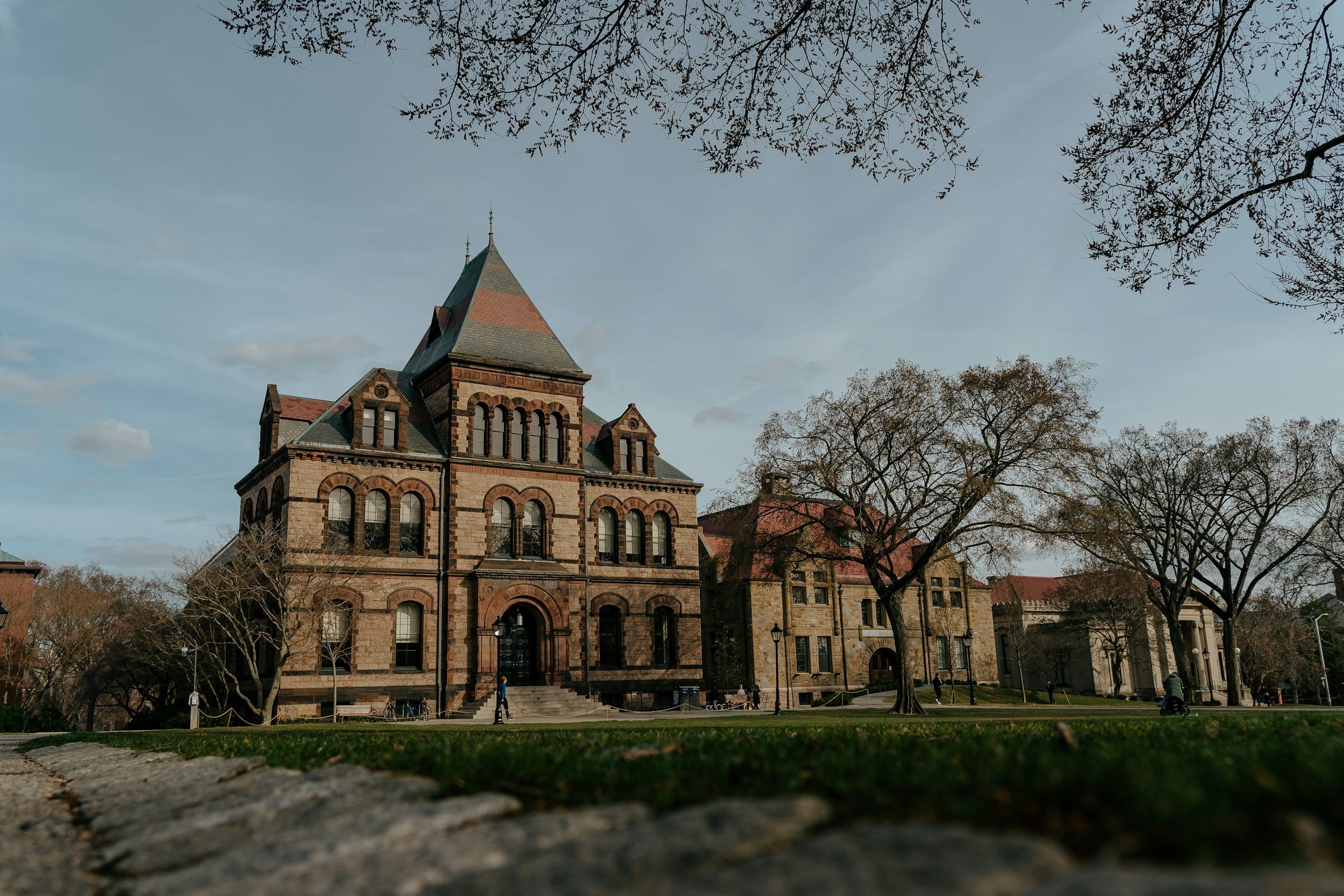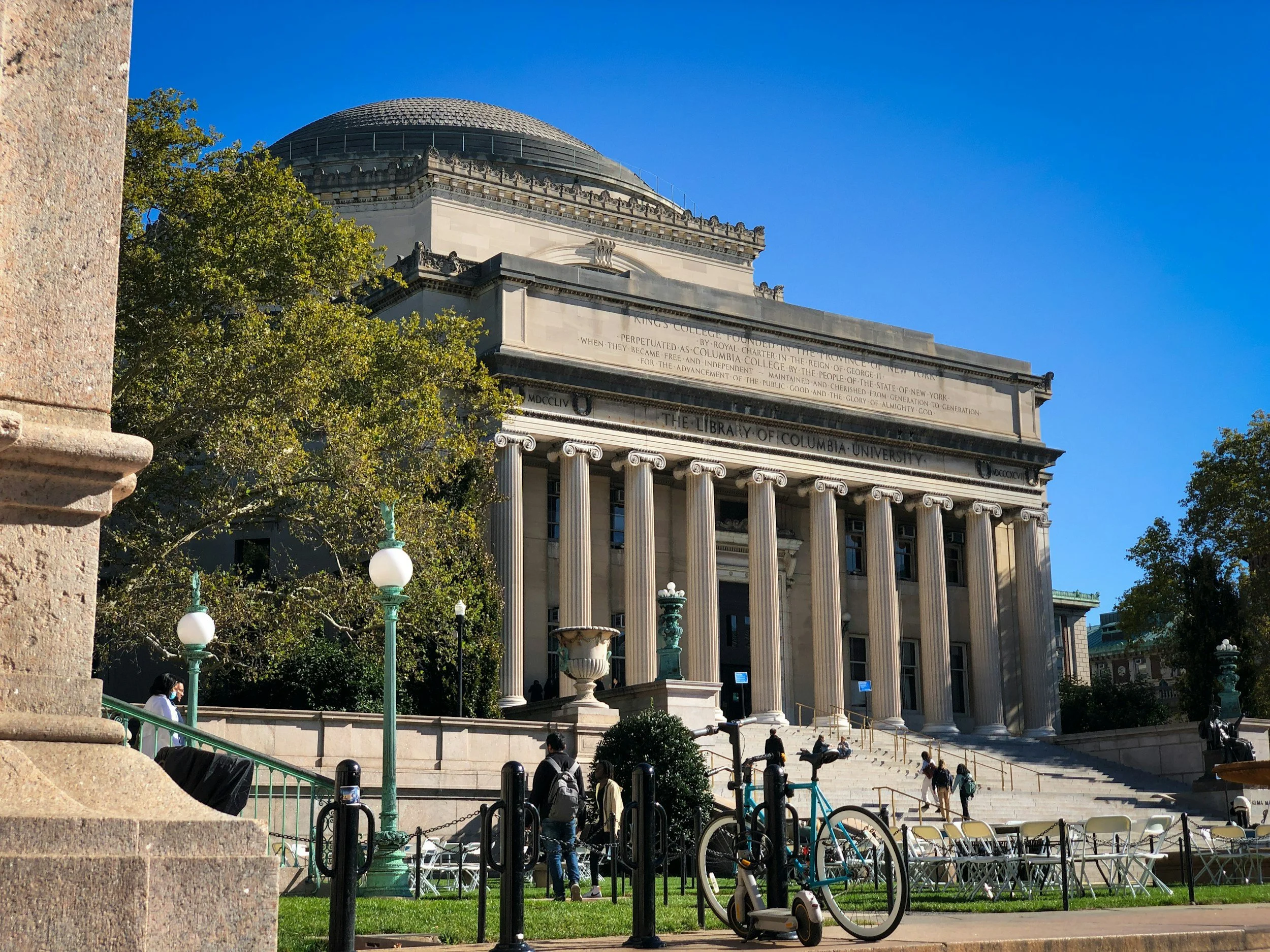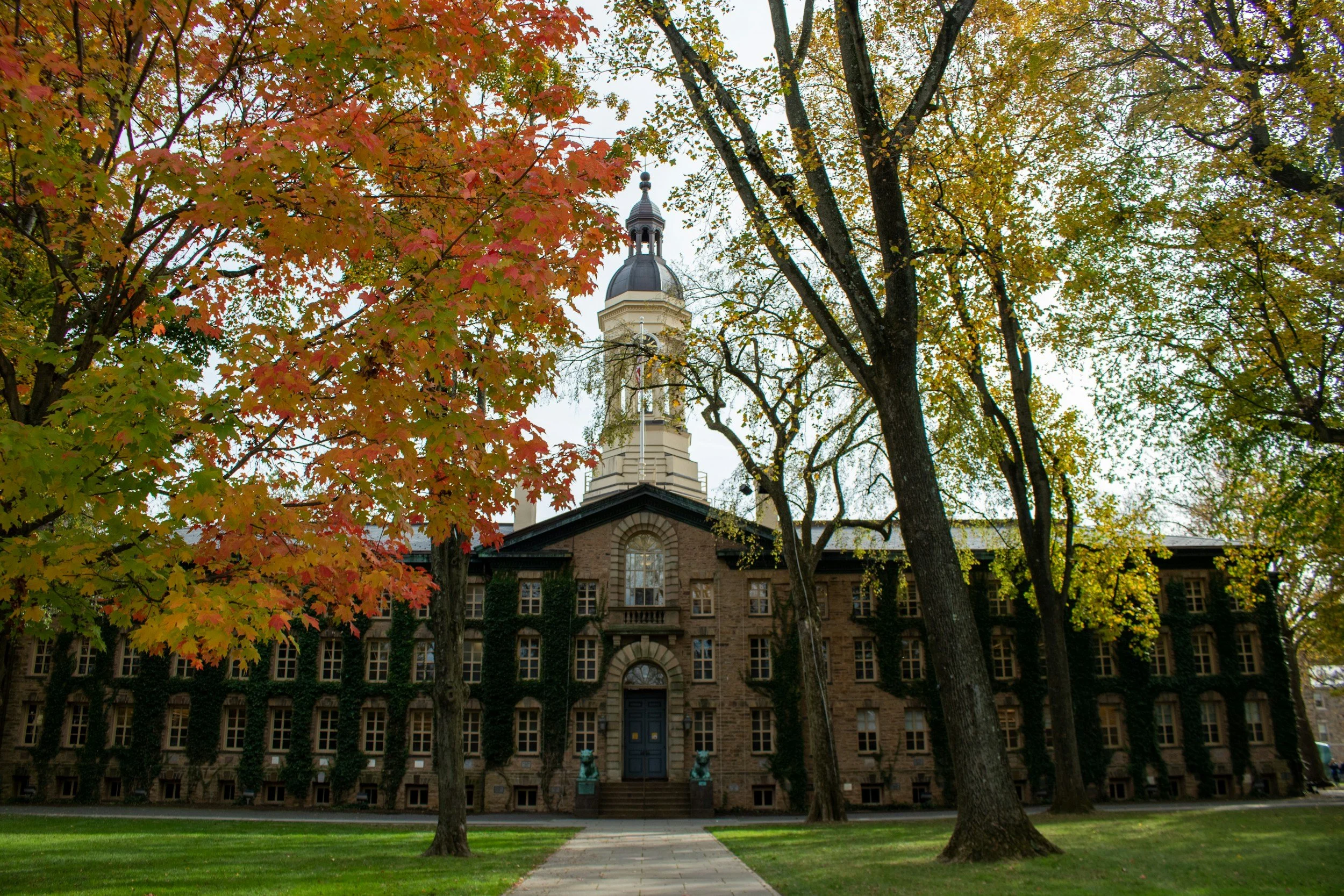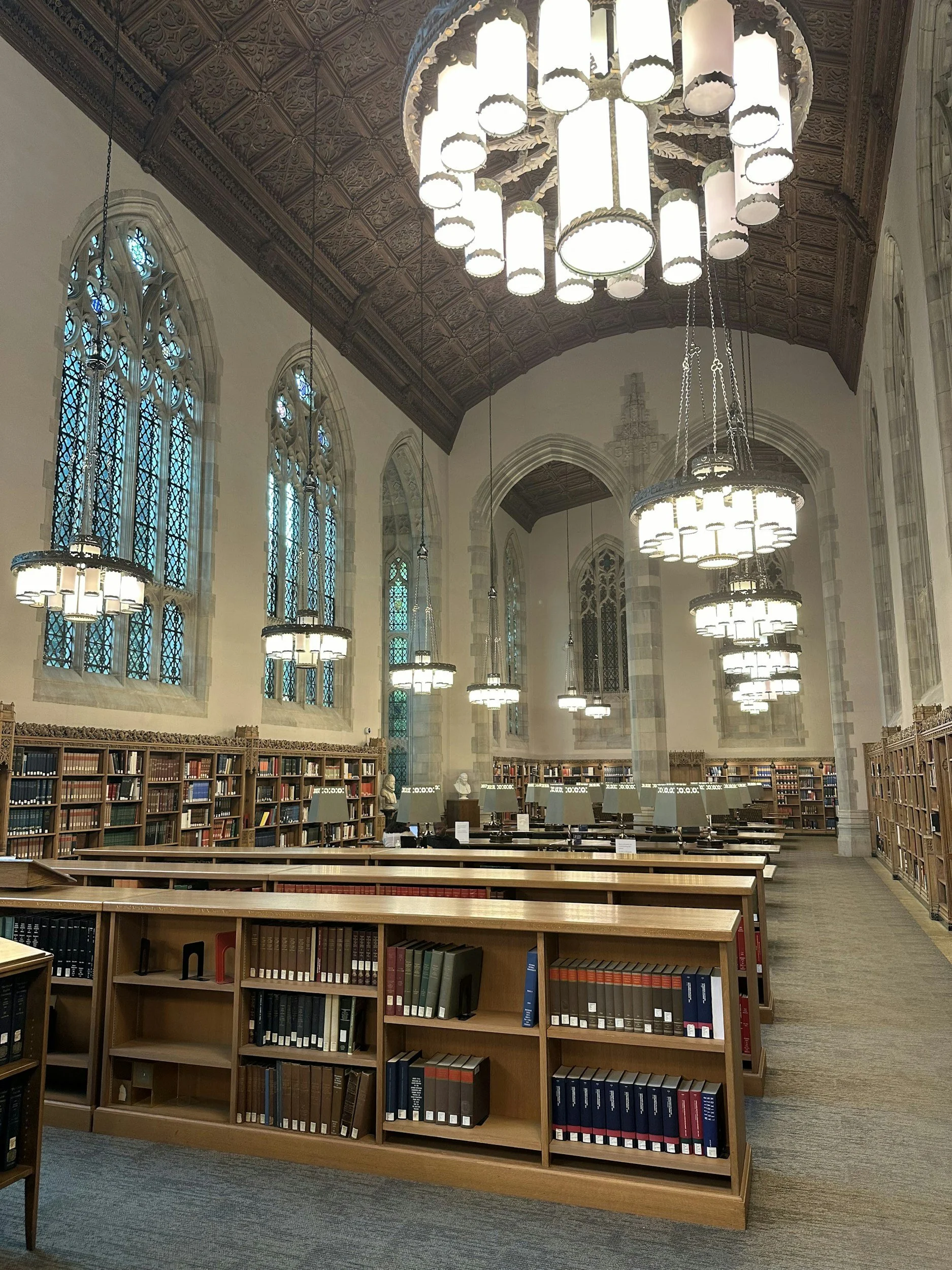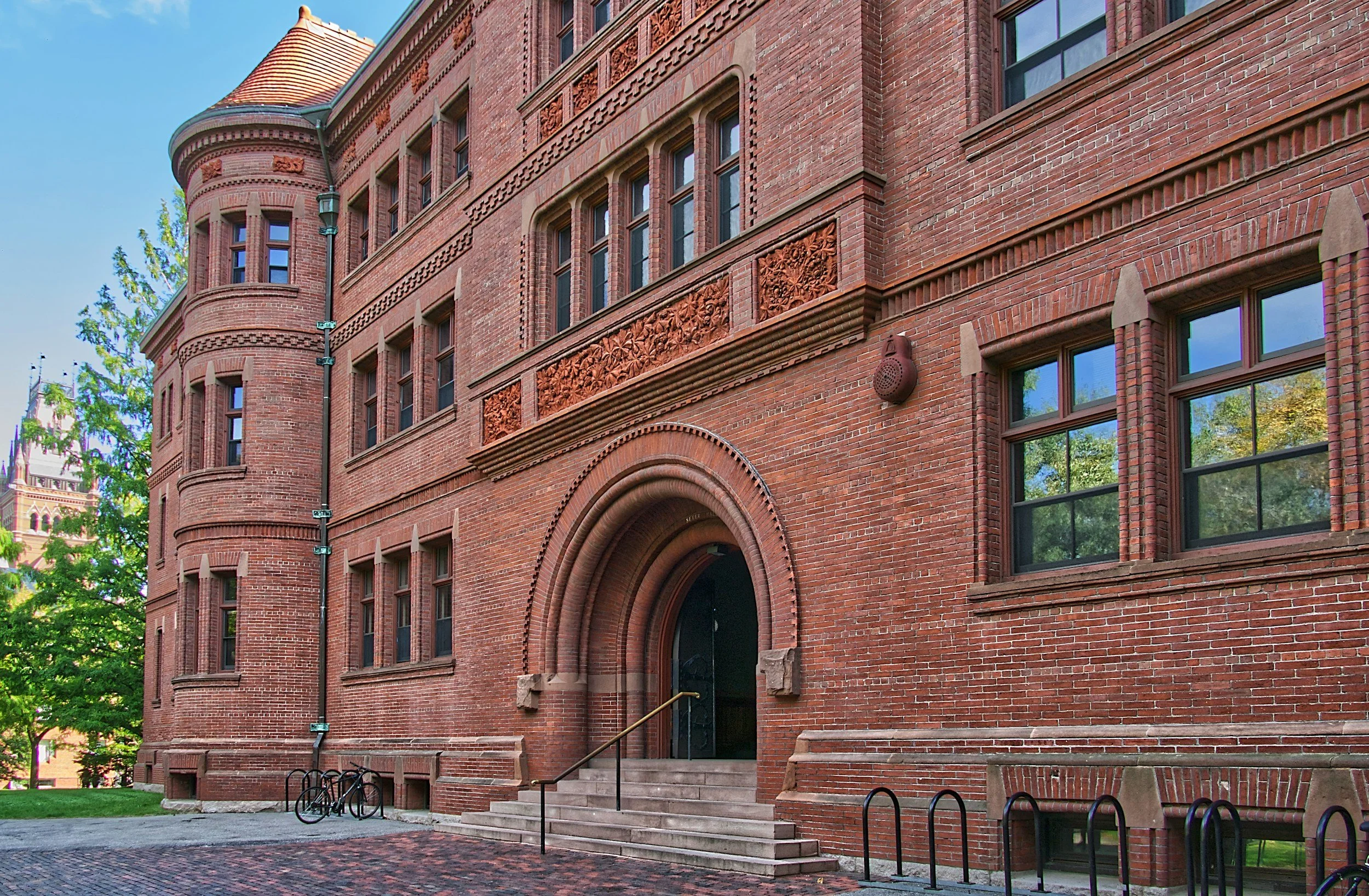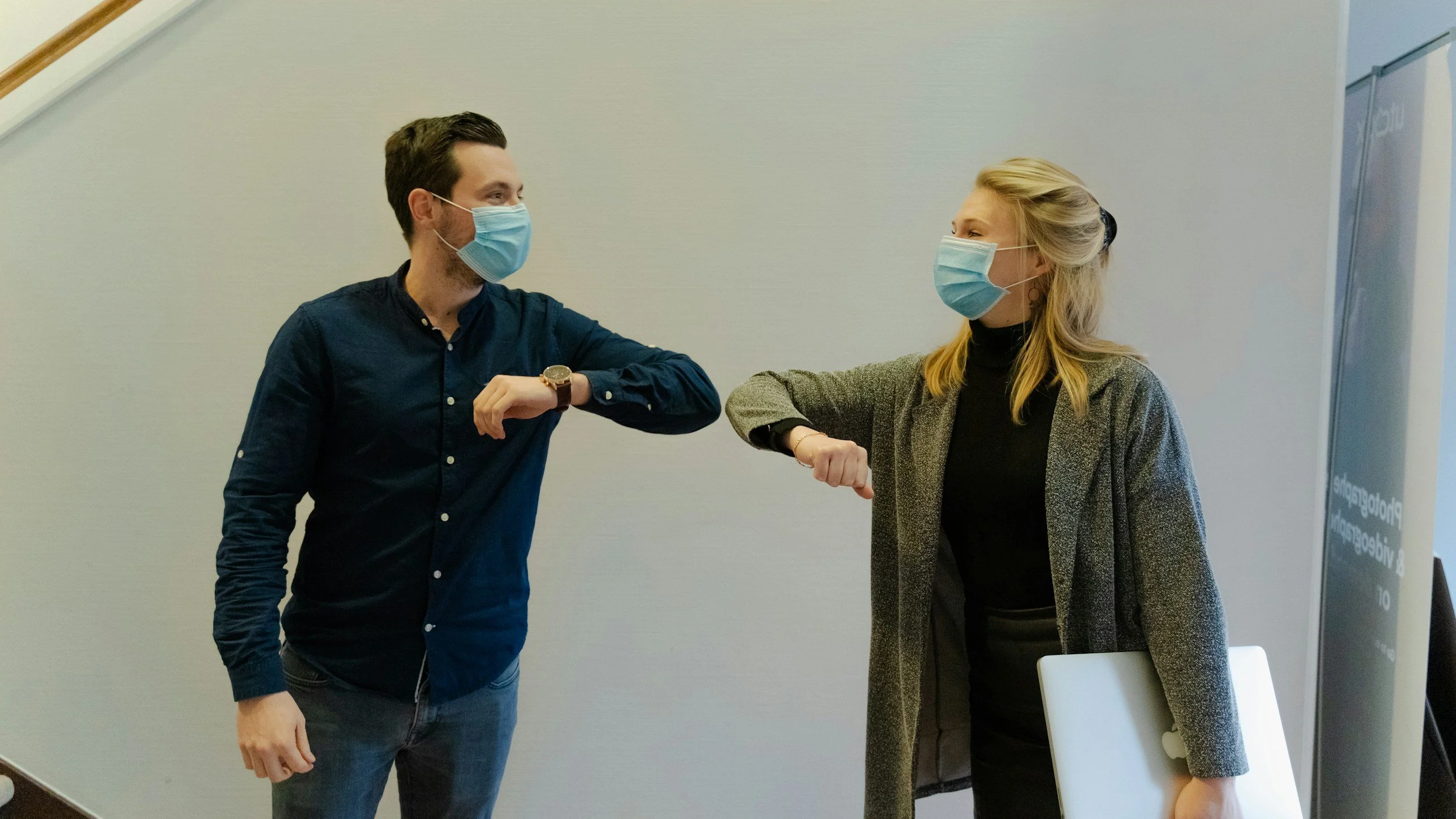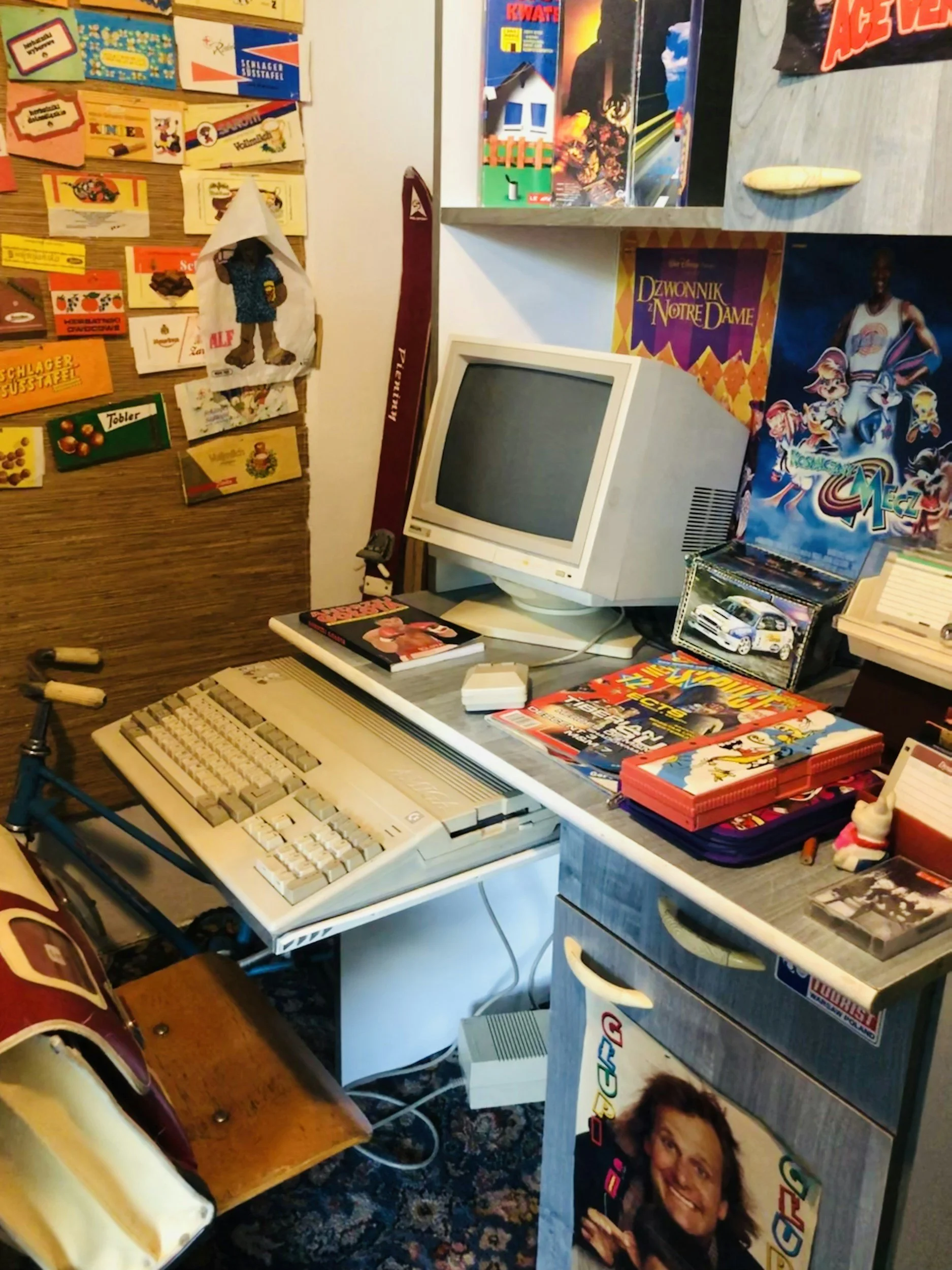Columbia Essays 2025-2026
Columbia University Supplemental Essay Prompts: 2025-2026
Columbia University recently released its supplemental essays for the 2025-2026 admissions cycle. In this article, we will explain exactly what they are looking for in responses from applicants, so you can write essays that will get you admitted there.
1. List a selection of texts, resources and outlets that have contributed to your intellectual development outside of academic courses, including but not limited to books, journals, websites, podcasts, essays, plays, presentations, videos, museums and other content that you enjoy. (100 words or fewer)
Your response should be a list of items separated by commas or semicolons.
Items do not have to be numbered or in any specific order.
It is not necessary to italicize or underline titles of books or other publications.
No author names, subtitles or explanatory remarks are needed.
This is the easiest question any college has ever asked. They simply want you to list the resources you have used to further your education. All you need to do is follow the guidelines above (which are bolded) to a T, these are the same guidelines Columbia includes on their website. However, students mess up on this question because they don't follow directions. They think outside the box and try to be "creative" by writing an essay or adding quirky commentary, completely contradicting Columbia's very specific instructions. This approach gets even top students automatically rejected from Columbia. Don't deviate at all from their directions, and avoid including anyone controversial. If someone's controversy section on Wikipedia is extensive, or if they write songs with NSFW lyrics, don't include them.
2. Tell us about an aspect of your life so far or your lived experience that is important to you, and describe how it has shaped the way you would learn from and contribute to Columbia's multidimensional and collaborative environment. (150 words or fewer)
For this essay, you should vividly showcase yourself in the first person, participating in one of your extracurricular activities. Since you have very few words, you want to ensure that this response synergizes best with your entire application, of which your extracurriculars compose a large part. After showing the reader what it was like participating in a select, formative and impactful extracurricular activity, extrapolate from the experience a clear perspective or life lessons you gained. From there, demonstrate to the reader your vision for how you will apply this perspective and these life lessons to collaborate with students at Columbia.
You should mention the names of specific clubs at Columbia and student spaces where you might work with other students. Try to enable the reader to visualize you in those spaces, interacting productively with the students who inhabit them. Make sure to show the reader both how you will contribute to those collaborations and how collaborating with students would help further your education. Show them how hearing diverse perspectives will help sharpen some academic aspect of your top-choice area of study.
3. At Columbia, students representing a wide range of perspectives are invited to live and learn together. In such a community, questions and debates naturally arise. Please describe a time when you did not agree with someone and discuss how you engaged with them and what you took away from the interaction. (150 words or fewer)
There are two ways to start this essay. The first is a strong personal anecdote in the first person that establishes a connection to whatever topic you will reveal later in the essay that you strongly disagreed about. The second is to describe how you felt when this person disagreed with you. Ideally, the person you are disagreeing with in this essay should be a fellow peer, because in college, that will be primarily who you'll be having disagreements with.
The purpose of this essay is to demonstrate to admissions officers that you are someone who will benefit from being part of an intellectually vibrant and diverse community where disagreements are bound to happen, and that when disagreements emerge, both parties, even if their minds don't change, end up becoming more educated as a result.
After your hook, either explain the nature of the disagreement, making it clear what you were disagreeing about, or provide a personal reason why this disagreement was something you couldn't just let slide. For the remainder of the essay, you want to show the disagreement in detail and explain to the reader how both parties learned something from it, especially what you learned. You want to give them a specific, tangible lesson that you gained from the experience.
To conclude, reflect on either how this disagreement has impacted your goals and aspirations or how it makes you recontextualize the events in your life that made you emotionally invested in the outcome of this disagreement.
4. In college/university, students are often challenged in ways that they could not anticipate. Please describe a situation in which you have navigated through adversity and discuss how you changed as a result. (150 words or fewer)
For this essay, don't talk about struggling in classes. Columbia expects its students to find coursework easy so they have plenty of time to pursue extracurricular activities and make their campus vibrant. You might describe the fallout of disagreeing with someone from the previous question and how you navigated that. You might discuss any generational differences between you and your parents. You might discuss doing the right thing and being punished for it. Perhaps you had difficulty making friends in high school. If you experienced any illnesses, talk about overcoming those illnesses or how you balanced that illness or injury with schoolwork. If you are a researcher, you can talk about when something went wrong in the lab—when a machine broke, your data was corrupted, or you thought you had made significant progress, but one small error invalidated all of your work. The key with this essay is to create some type of metaphorical dragon that you slayed.
Whatever topic you choose, open with a vivid hook, detail the magnitude of this challenge, and then describe powerfully how it emotionally affected you. Next, describe the steps you took to overcome it and what it felt like executing those steps, including any resistance you experienced. Finally, conclude with the main lessons you learned from navigating through this challenge.
5. Why are you interested in attending Columbia University? We encourage you to consider the aspect(s) that you find unique and compelling about Columbia. (150 words or fewer)
The most powerful response to this essay will focus on showing the reader your vision for life at Columbia and explaining why the specific choices you make regarding how you envision yourself at Columbia are motivated by particular events that happened in your life. One way to pull this off is to write this essay in the first person, describing a hypothetical day or week at Columbia. I'd focus on the social aspects of attending Columbia and the Core Curriculum in this essay. Focus on showing the reader how Columbia's unique traditions, events, and non-research opportunities, as a result of its location in NYC, draw you in. Make sure to name specific Core Curriculum classes you'd like to take there. Show the reader your vision of yourself participating in these aspects of Columbia University, and as you vividly describe in the first person your vision of what this participation might look like, cite a personal experience of yours as motivation for pursuing this activity there. Conclude by stating how taking advantage of these social, curricular, and geographic opportunities at Columbia will help you achieve your life's goals.
6. What attracts you to your preferred areas of study at Columbia College or Columbia Engineering? (150 words or fewer)
This is not just a "why major" or "why school" essay. This is a "why major at this school" essay. The reason I recommended not discussing Columbia's research aspects in the previous essay is that it would be best to save that content for this essay.
For this essay, like the last one, I'd recommend writing about a hypothetical day or week at Columbia, where you showcase your participation in events at specific research institutes, working in professors' labs, and taking advantage of other opportunities to pursue the technical aspects of your academic interests. Make sure to name names and be specific. Emphasize the geographic opportunities available to you and other academic resources at Columbia, such as specialized libraries.
Like the previous essay, motivate every engagement with Columbia's academic opportunities through a personal reason. Conclude this essay by showing the reader specifically how you will use your Columbia education to impact the world in a positive way. Enable them to envision just a tiny bit how you will change the world.
If you want your college admissions essays to be the decisive factor that gets you into your dream school, schedule a free consultation with an admissions expert today to have all of your questions answered.


